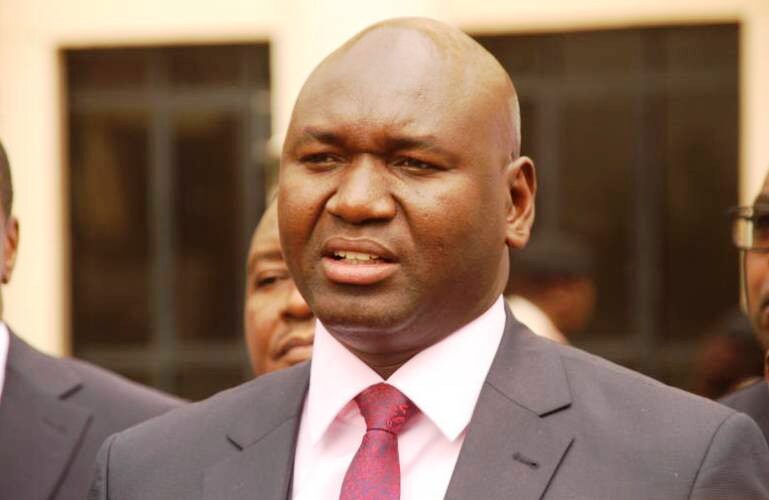Education Cabinet Secretary Migos Ogamba has revealed that the government is finalising plans to create a single national list of hardship areas in order to streamline allowance payments for public servants.
Speaking in Kilifi on Tuesday, September 23, during a televised education segment, Ogamba said the lack of uniformity in hardship classifications has bred inequality, particularly between teachers and other government employees. Some regions are recognised as hardship zones by state agencies but not by the Teachers Service Commission (TSC), creating conflicts in allowance distribution.
“To address this, we are harmonising the list and building a central registry that will guide gazettement. This will ensure that no public servant feels disadvantaged for working in tough conditions,” he explained.
Principal Secretary for Basic Education, Dr. Julius Bitok, supported the move, noting that Kilifi is one of the counties where the reality of hardship is evident. He highlighted the challenges of poverty, early marriages, cultural barriers, and long commutes to schools, all of which impact both learners and teachers.
The remarks come at a time when Kilifi’s education sector is under scrutiny following dismal 2024 KCSE results. Data shows that only two students scored an A plain while nearly half of the candidates recorded a D+ or lower. Stakeholders say such outcomes are not surprising given the socio-economic struggles facing the region.
Education experts argue that recognising Kilifi and similar areas as hardship zones is critical in motivating teachers to remain in such regions. Fair allowances could also attract more skilled educators who would otherwise avoid postings in disadvantaged counties.
The harmonisation process is part of the government’s broader effort to ensure equity in the public service. By standardising the hardship registry, allowances will be disbursed based on consistent criteria across all ministries and commissions.
Ogamba stressed that the exercise is not merely about money but also about acknowledging the real difficulties faced by teachers and learners in marginalised regions. “When teachers feel supported, they can deliver better, and our children will benefit,” he said.
The government is expected to consult widely with education stakeholders, the Public Service Commission, and the TSC before finalising and publishing the official hardship list. The move, stakeholders believe, could mark a turning point in addressing educational inequalities in counties like Kilifi.





